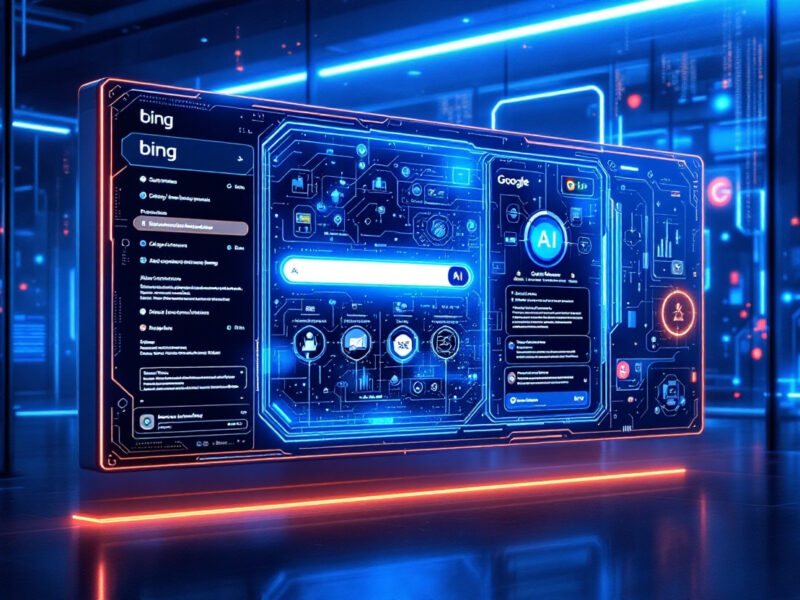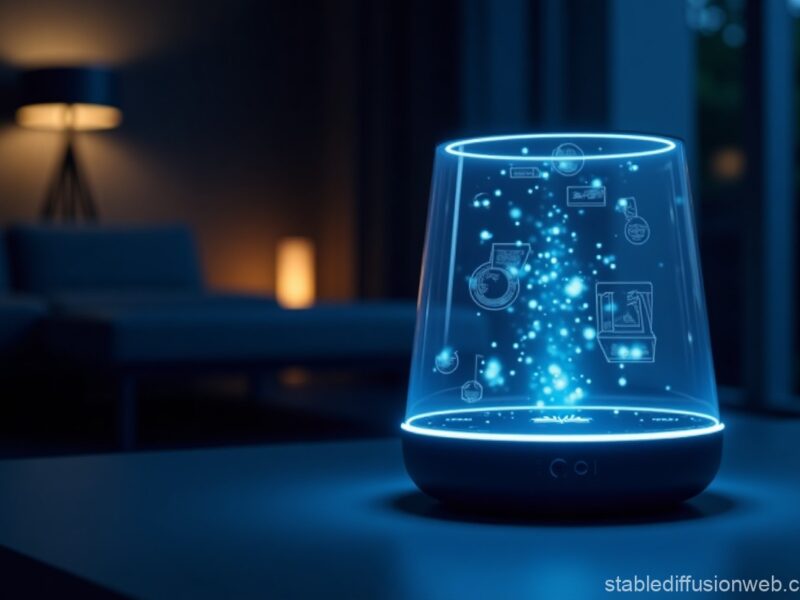After sealing a deal with OpenAI in 2024, Tinder has introduced AI-generated characters equipped with personalized virtual personas. These digital companions aren’t meant to replace real-life dates, but instead serve as a playground for users to test out their pick-up lines, flirtation tactics, or even just engage in lighthearted banter. Yet, as I experimented with this feature, I couldn’t help but reflect on how dating apps have reshaped human connection—turning romance into an algorithm-driven experience akin to scrolling through Instagram Reels.
On April 1, Tinder unveiled “The Game Game,” an AI-powered meet-cute simulator designed to help users sharpen their conversational skills before venturing into real-world dating. Unlike platforms such as Character.ai, where users create customized chatbot companions, The Game Game presents randomly generated, conventionally attractive AI personalities in simulated chance encounters. Despite launching on April Fools’ Day, the feature is real and accessible via the Tinder app by tapping the icon in the top left corner.
Tinder granted me early access to test this new feature ahead of its official launch. The simulation runs on OpenAI’s real-time voice-to-voice model, which delivers near-instantaneous responses, distinguishing it from the company’s Whisper API. The goal is simple: charm the AI characters into a date. Tinder claims the system rewards users for displaying curiosity, warmth, active listening, and thoughtful questions. Above all, they advised: “Just be yourself.”
But how natural can an interaction with an AI-generated partner really feel? And is it any more awkward than striking up a conversation with a stranger in real life? The AI characters in The Game Game often resemble the idealized romantic leads found in Hallmark movies—predictable, attractive, and perhaps a little too eager. During one example scenario demonstrated by Tinder executives, they collectively attempted to win over Chloe, 24, from Tennessee, who spoke in an exaggerated Southern accent. It was reminiscent of Foghorn Leghorn meets Liz Lemon from 30 Rock—an uncanny valley of charm.
My own AI dating attempts were equally bizarre. I couldn’t resist pushing the chatbot’s boundaries, but the AI was designed to swiftly exit uncomfortable situations. When Harper, 32, apologized for spilling wine on my clothes, I jokingly responded, “That wasn’t wine—it was battery acid.” Harper promptly advised me to seek medical attention and ended the conversation. Another session in an escape room with Mia, 32, fell flat after I suggested breaking a window for a quick exit.
The AI characters are unmistakably caricatures of human behavior. In one scenario, a strikingly angular-faced AI woman and I found ourselves competing for the same cab in New York. Her overly polite Brooklyn accent and gracious demeanor felt like a parody of real-life New Yorkers. When I suggested calling an Uber instead, she insisted we share the cab. When I mentioned I was reporting on AI-driven dating, she responded as if I had just revealed the most fascinating topic in the world. According to Tinder, I scored highly for my efforts.
Despite the game’s lighthearted intent, OpenAI sees this as a prime showcase for its Realtime API, which powers rapid back-and-forth exchanges using GPT-4o models. While this technology is impressive, Tinder—an app historically focused on sheer volume of conversations—feels like an odd choice for this kind of AI experiment. Just ask the man who used ChatGPT to message 5,000 women and ended up meeting his wife—an approach that underscores the systematic, efficiency-driven nature of modern dating apps.
Tinder is part of the Match Group conglomerate, which also owns Hinge, OKCupid, and Plenty of Fish. Collectively, these platforms are known simply as “the apps,” and for many users, online dating has become a grueling numbers game. Some find long-term partners, while others endure endless first dates with no meaningful follow-ups, regardless of shared hobbies or interests.
The Game Game’s emphasis on spontaneity feels at odds with the structured nature of dating apps, which optimize interactions for engagement rather than authenticity. A 2023 Pew Research study found that users are increasingly reliant on dating apps for serious relationships, with over a third willing to pay for premium features. Apps like Hinge monetize user experience by hiding “Standouts”—potentially ideal matches—behind a paywall, creating an ecosystem designed to prolong engagement rather than foster organic connections. The concept of a genuine “meet-cute” within these platforms is, at best, a manufactured illusion.
While Tinder encourages users to treat The Game Game as a playful exercise rather than a serious dating tool, its AI-driven approach raises questions about the future of human connection in digital spaces. Can an algorithm replicate chemistry? Will AI characters become a staple of modern romance? And if AI can perfect the art of small talk, what does that mean for the rest of us?


